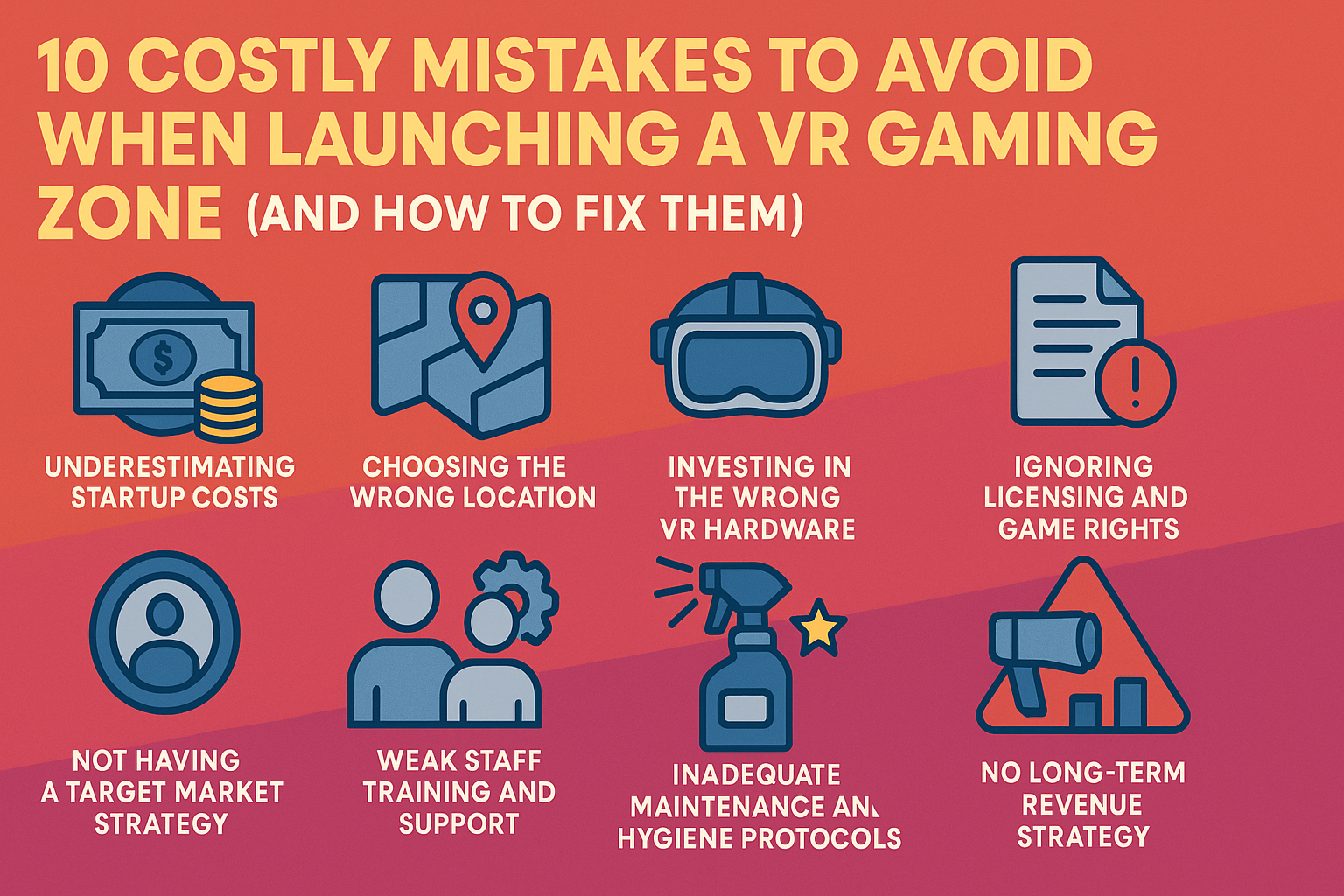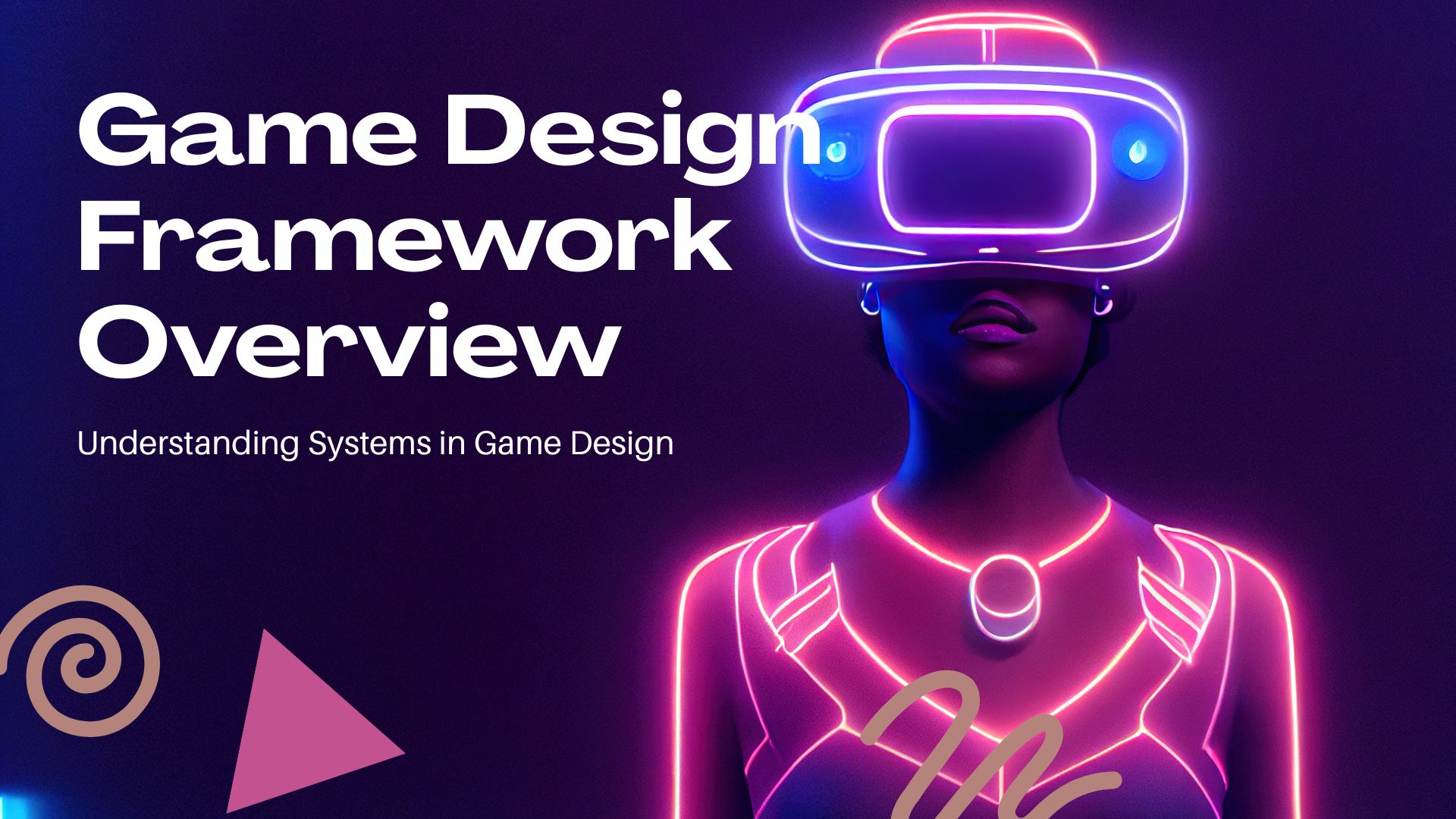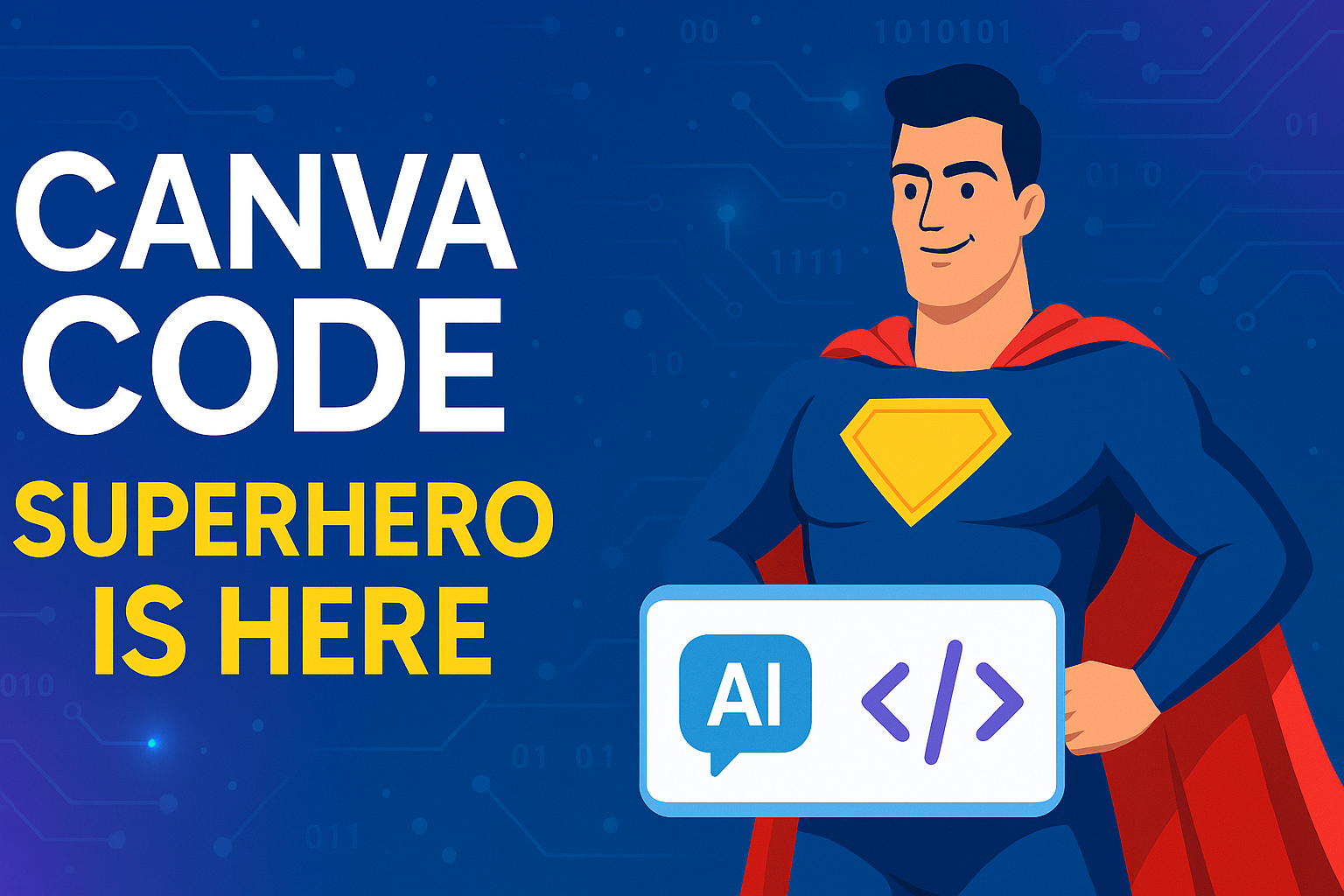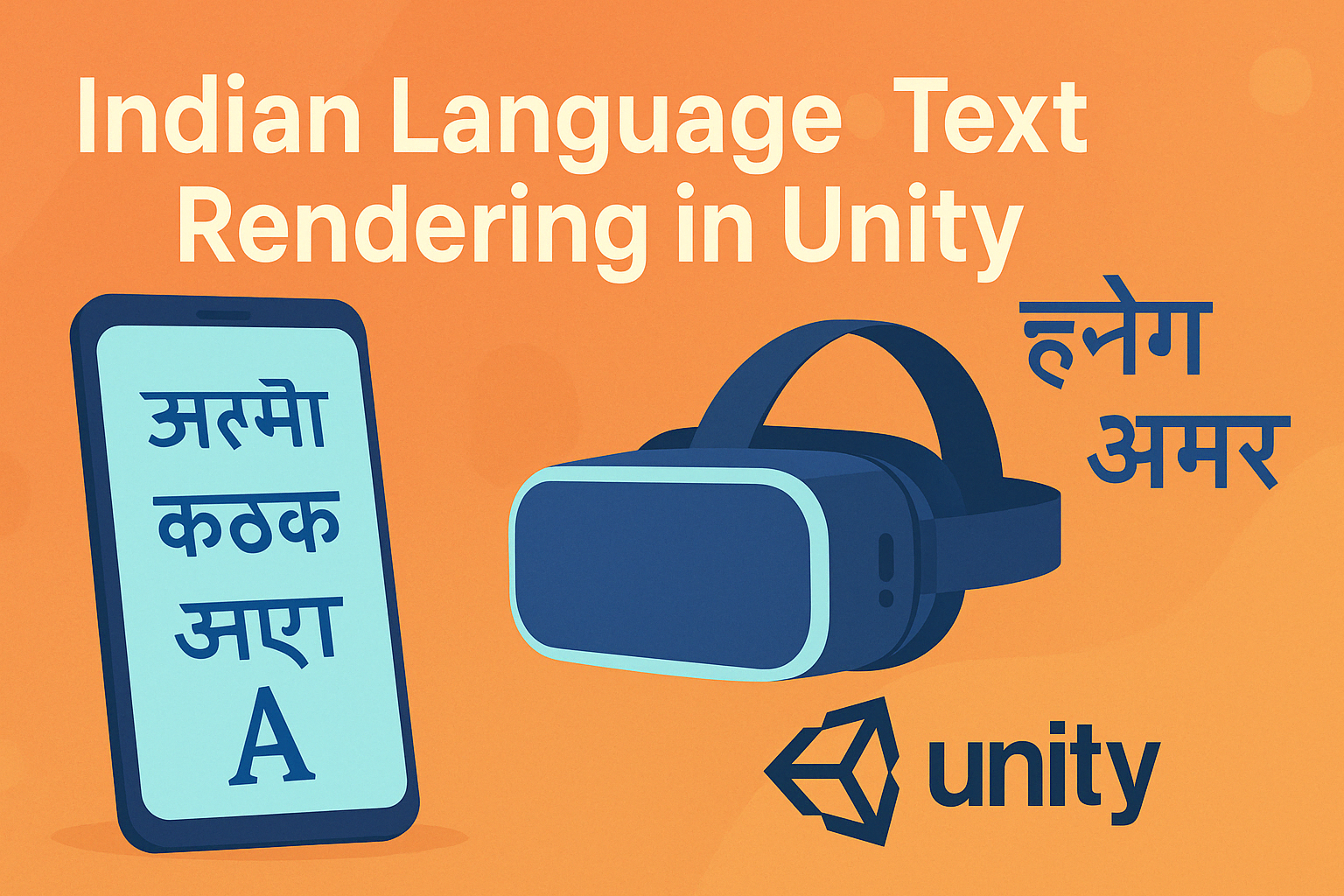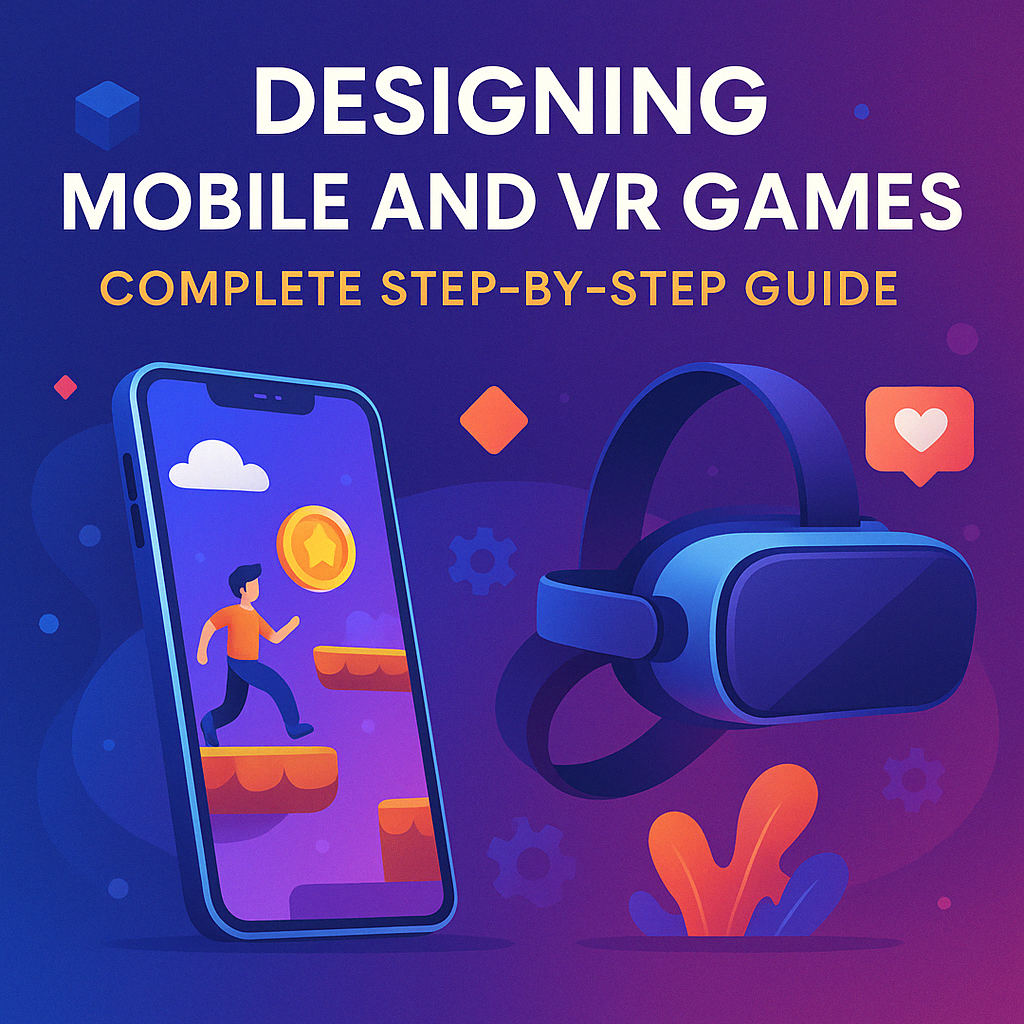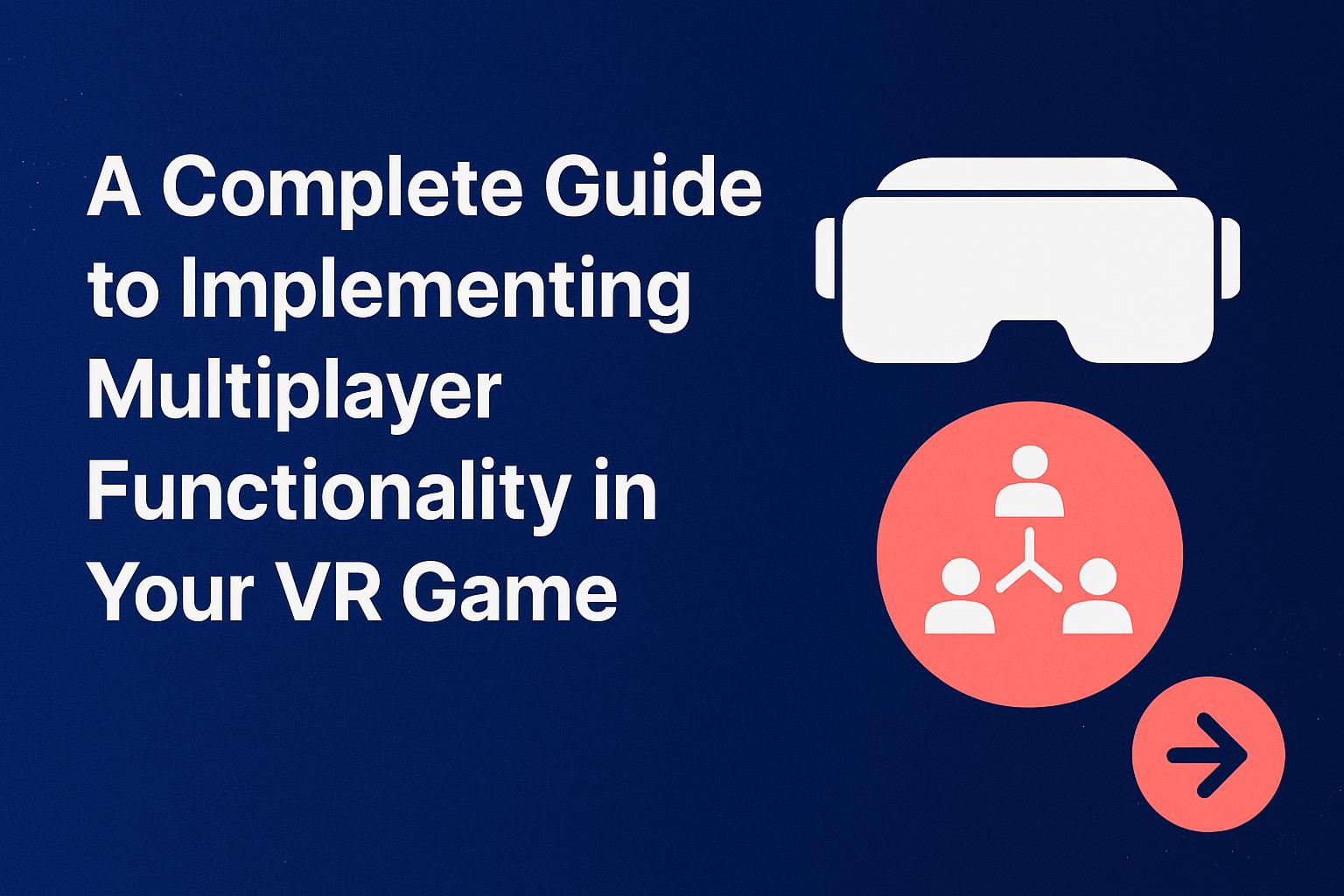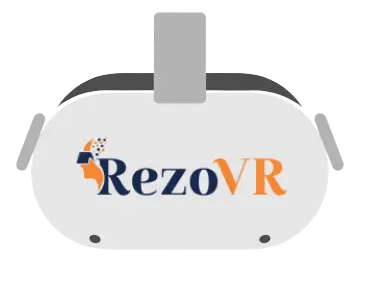Getting into the gaming industry is not just about loving games. It takes a lot of preparation. I’m here to help you get ready for your game development interviews.
In this guide, we’ll cover 50 key game development interview questions for newbies. Knowing what questions are asked and the skills needed is key to success.
Key Takeaways
- Comprehensive list of 50 game development interview questions
- Essential skills required for game development roles
- Tips to prepare for a successful gaming industry career
- Common interview questions for freshers
- Expert guidance to ace your game development interviews
The Game Development Career Landscape in 2025
In 2025, the need for skilled game developers will grow. This is because the game industry keeps changing. Studios want people who know the newest trends and tech.
Current Industry Trends and Opportunities
The game world is moving towards cloud gaming and cross-platform development. This change opens doors for developers who know Unity and Unreal Engine well.


Skills in Demand for Entry-Level Game Developers
To do well in game development, newbies need both tech and soft skills.
Technical Skills
Technical skills include knowing C++ and C#, understanding game development processes, and working with Unity and Unreal Engine.
Soft Skills
Soft skills are important too. They include teamwork, communication, and problem-solving. These help in working with others and meeting project deadlines.
How to Prepare for Game Development Interviews
Getting ready for a game development interview needs a smart plan. I’m here to help you through it. You must show off your skills, share your knowledge, and love for the field.
Building a Compelling Portfolio
A strong portfolio is key for game developers. It shows your skills and experience. It proves you can make fun games. Focus on quality, not quantity, when making your portfolio.
Essential Projects to Showcase
Choose projects wisely for your portfolio. Look for:
- Projects that show your tech skills, like C++ or C#.
- Games that show you know game development well, like mechanics and design.
- Projects that show your creativity and how you solve problems.
Presentation Tips
When you present your portfolio, remember:
- Explain the project’s goals and what you aimed to do.
- Talk about your role and what you did.
- Show how you solved problems and overcame challenges.
Technical Preparation Strategies
To do well in a game development interview, be tech-savvy. This means:
- Learning about game engines and programming languages.
- Doing coding challenges to get better at solving problems.
- Keeping up with the latest in the game world.
Mock Interview Practice
Mock interviews are great for getting ready. They help you:
- Practice answering common interview questions.
- Work on your communication and confidence.
- Find areas to improve and get better.
As Tim Sweeney, CEO of Epic Games, once said,
“The most important thing is to keep learning, and to stay up-to-date with the latest developments in the industry.”
By following these tips and staying focused, you can boost your chances of doing well in a game development interview.
General Game Development Interview Questions for Freshers
When you’re interviewing for a game development job, it’s key to talk about game basics, engines, and teamwork tools. As a newcomer, knowing the game development basics is vital. It helps you answer common interview questions.
Game Development Fundamentals
It’s crucial to grasp game development basics. This includes understanding game loops and architecture. These are the core of any game.
Game Loops and Architecture
A game loop is the main part that controls the game’s flow. It updates and renders the game state. A well-made game loop ensures a smooth game experience.
Game architecture is the overall design of the game. It shows how different parts work together. A solid architecture makes the game easier to maintain and grow.
Development Methodologies
Knowing about development methods like Agile is important. Agile focuses on iterative development, constant improvement, and flexibility.
Game Engines and Tools
Knowing game engines like Unity or Unreal Engine is crucial. These engines offer tools for game making, like rendering and physics.
Understanding the good and bad of different game engines and tools helps pick the best for your project.
Version Control and Collaboration
Version control systems like Git are key for team game development. They let many developers work on the same project without issues.
Knowing how to use version control and teamwork tools well is essential for team work.
Unity Engine Interview Questions
The Unity game engine is key in modern game making. Knowing Unity well is very important in the game world. Here, we’ll look at common Unity interview questions to check a candidate’s skills.
Unity Core Concepts
Knowing Unity’s basics is a must for game developers. Two main areas are the GameObject and Component System, and managing scenes.
GameObject and Component System
Unity’s GameObject and Component System lets you build games in a flexible way. A GameObject is a game object, and it can have many components that define its actions and looks.
“Mastering Unity means knowing how to use GameObjects and their components well,” says a top game developer. It’s about creating, changing, and working with GameObjects. Also, understanding different components like Renderers, Colliders, and Scripts is important.
Scene Management
Managing scenes in Unity is also key. It’s about organizing and loading game scenes well. Good scene management keeps the game running smoothly.
- Knowing how to use Unity’s Scene Manager to load and unload scenes.
- Understanding how to do asynchronous scene loading for smooth transitions.
- Being familiar with scene hierarchy and organization tips.
C# Scripting in Unity
C# scripting is crucial for Unity developers. It lets you create game logic, interactions, and behaviors. Knowing C# basics like classes, inheritance, and polymorphism is essential.
Example C# Scripting Interview Question: “How would you make a simple player movement script in Unity using C#?” This question tests your knowledge of Unity’s input system, physics, and scripting.
Unity Optimization Techniques
Improving Unity game performance is important. It involves using techniques like reducing draw calls, optimizing physics, and better rendering.
As “Optimization is a key part of game development, and Unity provides several tools and techniques to achieve this.” Tools like Unity’s Profiler help find performance issues.
Unity UI and Animation
Creating engaging UI and animations is crucial for a great gaming experience. Unity’s UI and Animation tools help a lot in designing and adding UI and animations.
It’s important to know how to use Unity’s UI components like Canvas, Text, and Image. Also, knowing how to animate with the Animator and Animation Controller is key for Unity developers.
Unreal Engine Interview Questions
Interviews for Unreal Engine often ask about its architecture, Blueprint visual scripting, and C++ programming. Knowing Unreal Engine well can boost your career as a game developer.
Unreal Engine Architecture
Knowing how Unreal Engine works is key. Here are some important points interviewers might ask about:
- The modular design of Unreal Engine and how it helps with complex game making.
- The role of the Engine’s core parts, like the renderer and physics engine.
- How Unreal Engine manages memory and optimizes performance.
Blueprint Visual Scripting
Blueprint visual scripting is a big deal in Unreal Engine. It lets developers make complex interactions without coding. Here are some interview questions on this topic:
- The basics of making Blueprints and their role in game making.
- How to make Blueprints run smoothly and fix common problems.
- Using Blueprints with C++ for more advanced features.
C++ Programming in Unreal
C++ is key for making high-performance games in Unreal Engine. Interviewers might ask about:
- The basics of C++ and how it’s used in Unreal Engine.
- Understanding pointers, memory, and object-oriented programming in C++.
- Using C++ to add custom game mechanics and features in Unreal Engine.
Materials and Shaders
Creating realistic materials and shaders is vital for top-notch graphics in Unreal Engine. Interviewers might ask about:
- The basics of making materials and achieving certain visual effects.
- How the shader pipeline works and how to make shaders run better.
- Methods for making complex materials and shaders that are both efficient and scalable.
Mastering these Unreal Engine skills can make developers more skilled and competitive in the game industry.
Technical Programming Questions
Technical programming questions are key in game development interviews. They test my programming skills and problem-solving. It’s important to review key concepts and practice solving problems.
C++ Programming Fundamentals
C++ is a key language in game development. Interviewers check if I know its basics. I need to be ready to talk about variables, data types, and more.
For example, I might be asked about malloc and new in C++. Or how to use object-oriented programming. Knowing the C++ Standard Template Library (STL) is also important.
C# and Object-Oriented Concepts
C# is vital with Unity game engine. Interviewers test my C# knowledge and object-oriented skills. They might ask about inheritance and polymorphism.
I might need to explain interfaces and abstract classes. Knowing C# garbage collection and how to improve performance is crucial.
Data Structures for Game Development
Data structures are essential in game development. They affect how data is stored and used. Common ones include arrays and trees.
I should know the pros and cons of each data structure. For example, choosing between a hash table and a binary search tree can impact game performance.
Algorithms and Problem-Solving
Algorithms are central to game development. They make games interactive and fun. Interviewers check my algorithm skills.
I might face questions on pathfinding or sorting data. Knowing algorithms like Dijkstra’s and quicksort is important. Dynamic programming and greedy algorithms are also valuable.
“The most disastrous thing that you can ever learn is your first programming language.” –
Alan Kay
Preparing for technical questions is crucial. I should practice problems and review C++, C#, data structures, and algorithms. This will boost my confidence in game development interviews.
Specialized Game Development Topics
Game development covers many topics, like math and physics, AI, and multiplayer networking. Knowing these areas well can really help you in your work.
Math and Physics for Games
Math and physics are key for making games feel real and fun. Knowing vector mathematics is important for things like moving characters and checking for collisions.
Vector Mathematics
Vector math includes adding, subtracting, and multiplying by scalars. For example, figuring out where a projectile lands uses vector math.
Physics Simulation
Physics in games makes things act like they do in real life. This includes things like how objects move and interact. Interviewers might ask how to do a simple physics simulation.
AI and Pathfinding
AI in games makes NPCs act more like real people. Pathfinding, like A* search, helps characters move around easily.
“AI has changed how we play games, making them more real and fun,” say game experts.
Graphics and Rendering
Graphics are vital in game making. They turn 3D models into images we can see. Ray tracing and rasterization help make games look real.
Networking and Multiplayer
Online gaming has made networking and multiplayer key. It’s about keeping games running smoothly and keeping everyone in sync.
One big challenge is dealing with delays and keeping games smooth. Tricks like client-side prediction help solve these problems.
Game Design Principles
Good game design is all about making games fun and fair. It’s about understanding how to make games enjoyable and challenging.
As game designer Sid Meier said, “A game is a series of interesting decisions.”
Behavioral and HR Interview Questions
When you’re getting ready for a game developer interview, it’s key to know about behavioral and HR questions. These questions check your soft skills and how well you work with others. They also see if you can handle challenges and fit in with the company culture.
Teamwork and Collaboration
Teamwork is key in game development. You’ll need to answer questions like:
- Can you describe a project where you had to work closely with a team?
- How do you handle conflicts or disagreements within a team?
Problem-Solving Scenarios
Game development comes with tough challenges. Interviewers might ask:
- Tell me about a time when you had to debug a difficult issue.
- How do you approach optimizing game performance?
Passion and Industry Knowledge
It’s important to show your love for game development and keep up with trends. Be ready to talk about:
- Your favorite games and what you like about them.
- Recent industry developments that excite you.
Career Goals and Growth
Interviewers want to know if you’re serious about growing with the company. Prepare to discuss:
- Your short-term and long-term career goals.
- How you see yourself contributing to the company’s success.
By being ready to answer these questions, you show your skills, teamwork, and passion for game development. This makes a great impression on your interviewers.
Conclusion: Your Path to Game Development Success
To get ready for game development interviews, you need to know the industry well and practice your skills. This guide has 50 key questions for newbies, covering many topics.
Learning these questions will help you do great in your interviews. Make sure your portfolio is strong and practice these questions to feel more confident.
Keep working hard and you’ll make it in game development. Download the 50 game development interview questions for freshers to keep improving.
FAQ
Q) What are the most common game development interview questions for freshers?
Common questions for freshers include general game development topics. They also cover Unity and Unreal Engine, technical programming, and behavioral questions.
Q) How can I prepare for a game development interview?
To get ready, build a strong portfolio and practice technical skills. Review common questions and do mock interviews to boost your confidence.
Q) What are the essential technical skills required for game development?
You need to know Unity and Unreal Engine well. Proficiency in C++ and C# is also key. Plus, understanding game development pipelines is crucial.
Q) What is the importance of AI in game development?
AI is vital for creating smart game agents and pathfinding. It makes games more realistic and engaging, offering a better experience.
Q) How do I optimize game performance in Unity?
Use level of detail, occlusion culling, and batching to improve performance. Also, optimize your C# code by cutting down on unnecessary work and using smart data structures.
Q) What are the key concepts in game physics?
Important game physics concepts include vector math, collision detection, and rigid body dynamics. Knowing these helps create realistic game interactions.
Q) How do I handle multiplayer game development?
To manage multiplayer, grasp networking basics like client-server architecture and latency compensation. Familiarize yourself with Unity’s or Unreal Engine’s multiplayer tools.

